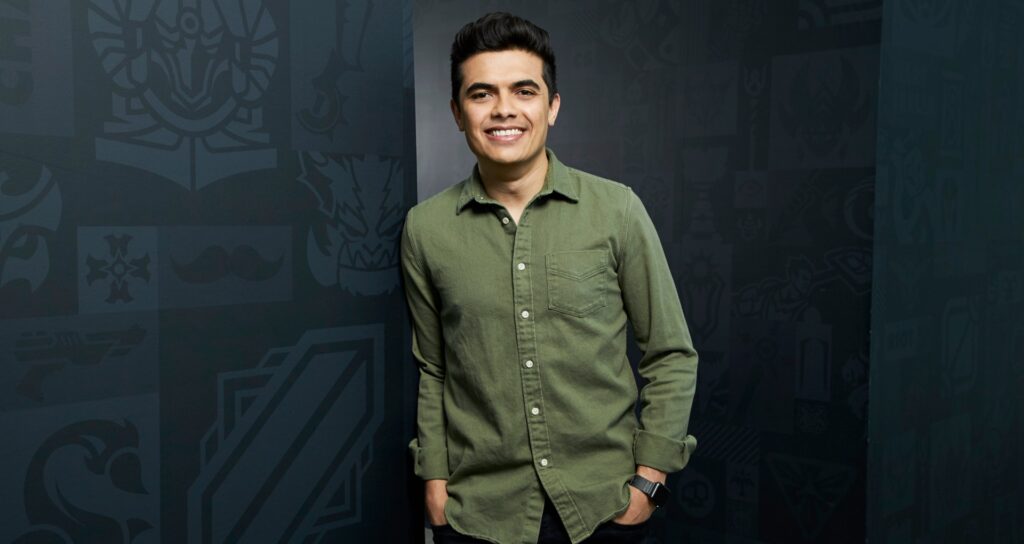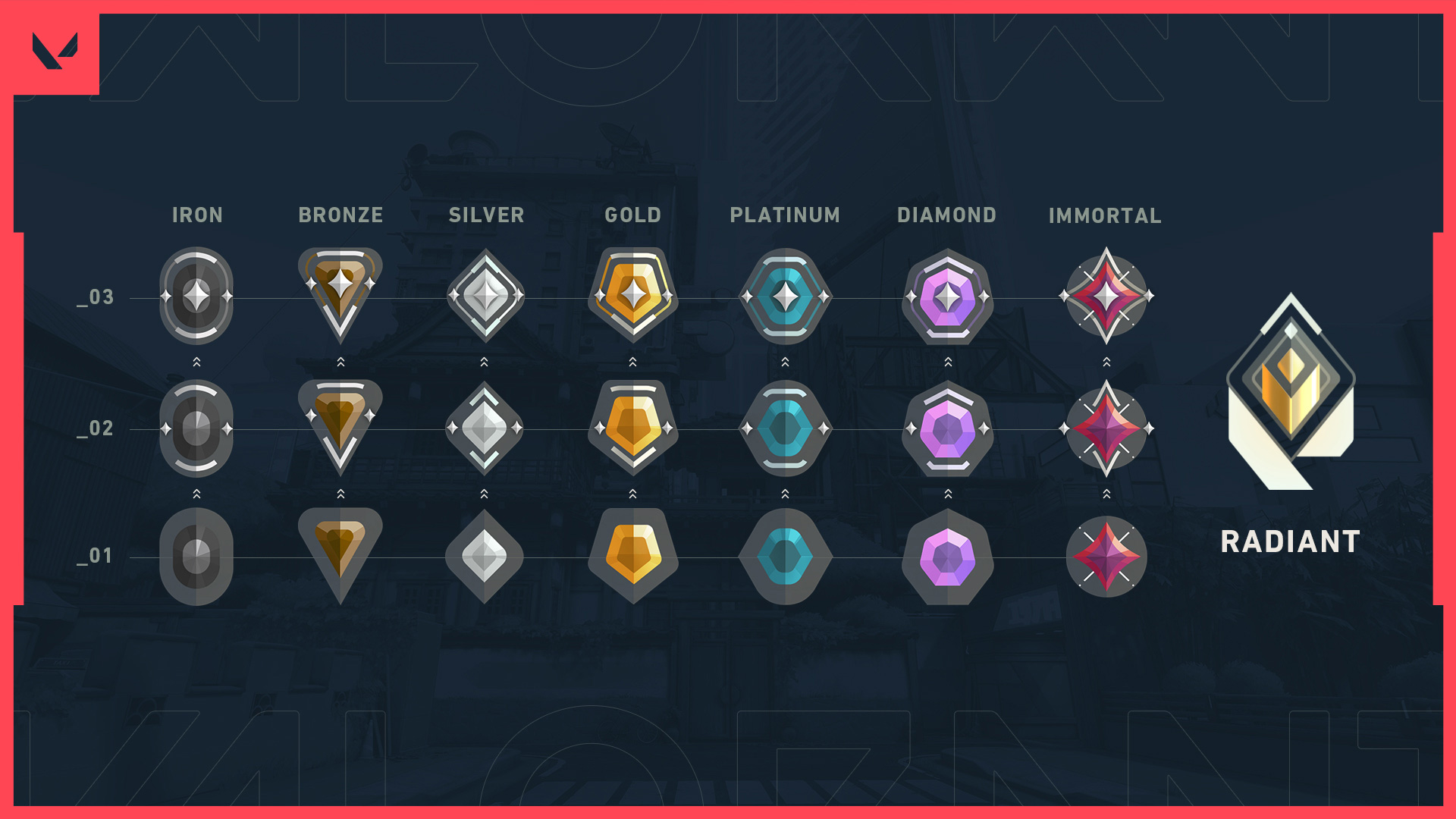
The world of esports, much like the games it celebrates, is a dynamic and ever-evolving landscape. Yet, this constant flux can sometimes collide with the rigid demands of professional competition, sparking debates that resonate across the global gaming community. Such was the case recently when a significant VALORANT patch, 11.08, landed squarely amidst the preparations for the highly anticipated Game Changers Championship, prompting an immediate outcry from players and fans alike. In the eye of the storm, Leo Faria, Global Head of VALORANT Esports, stepped forward to address the community`s concerns, shedding light on the intricate decisions behind game development and competitive scheduling.
The “Unfortunate Timing”: A Competitive Paradox
The core of the recent controversy centered on the perceived “unfortunate timing” of a substantial game update so close to a premier international tournament. For professional VALORANT teams, every patch introduces variables—rebalancing agents, tweaking weapon mechanics, or altering map dynamics—that can fundamentally shift the tactical meta. Teams dedicate countless hours to strategy development, scrimmages, and honing specific playstyles tailored to the current game version. A sudden, significant patch just weeks before a championship forces an immediate re-evaluation, potentially invalidating weeks of preparation and placing immense pressure on players to adapt overnight. It`s a high-stakes gamble where competitive integrity and player performance hang in the balance.
Riot`s Rationale: A Developer`s Dilemma
Responding to the heated discussions, Faria took to social media to offer a transparent explanation. He acknowledged that the timing was indeed “not ideal” but emphasized a critical facet of game development: the designated window for meaningful updates. According to Faria, this particular period of the year serves as the optimal time for developers to implement and thoroughly test significant changes, ensuring the game remains fresh and prepares for the new competitive season commencing in January. He elaborated:
“In a perfect world, we’d avoid big gameplay changes right before a global tournament, but the reality is that this part of the year is our best window to make meaningful updates to VAL. That’s important for keeping the game fresh and giving the dev team time to monitor the changes and adjust them before the new season starts in January.”
Faria also highlighted the logistical complexities. Unlike minor tweaks in previous years, the 2025 Off//Season update was more substantial. Event schedules, including venues, travel, and logistics, are often locked in “up to two years in advance,” making last-minute shifts virtually impossible. This creates a challenging bind where long-term competitive scheduling sometimes clashes with agile game development needs. It seems even in the fast-paced world of esports, the bureaucratic gears turn with a stately slowness that would make a sloth proud.
The Old Patch Dilemma: No Easy Answers
A natural question from the community was why the Game Changers Championship couldn`t simply be played on the older patch. Faria confirmed this option was thoroughly discussed but presented its own set of problems. Primarily, playing on an outdated version would have made “meaningful practice” much harder for teams, as the broader player base would already be on the new patch. Moreover, opinions among the Game Changers teams themselves were divided; some preferred the stability of the older patch, while others saw quick adaptation to the new meta as a competitive edge. This internal split underscored the absence of a universally agreeable solution.
Towards a Smoother Future: 2026 VALORANT Esports Schedule Changes
Recognizing the inherent friction in the current system, Riot Games is not merely offering excuses but actively working on structural improvements for the future. Faria outlined significant changes to VALORANT`s esports circuit for 2026, aimed at preventing similar timing conflicts. The most notable adjustment is the removal of Ascension tournaments. This strategic decision frees up a crucial time slot that will now be leveraged to schedule the Game Changers Championship earlier in the year, ideally closer to VALORANT Champions.
By shifting Game Changers, Riot aims to create a dedicated window for the tournament that is less susceptible to sudden meta shifts caused by major developmental patches. This proactive measure demonstrates a commitment to refining the competitive ecosystem, ensuring that deserving teams can compete on a more stable playing field.
The recent VALORANT patch controversy serves as a poignant reminder of the delicate balance required to nurture a thriving esports scene. It`s a continuous negotiation between the innovators who evolve the game and the competitors who master its current form. While the immediate situation presented challenges for the Game Changers Championship, Leo Faria`s candid communication and Riot`s announced structural changes for 2026 signal a clear intent to learn and adapt. As VALORANT Esports continues its rapid ascent, the ongoing dialogue between developers, players, and the community remains crucial in shaping a fair, exciting, and sustainable competitive future.

